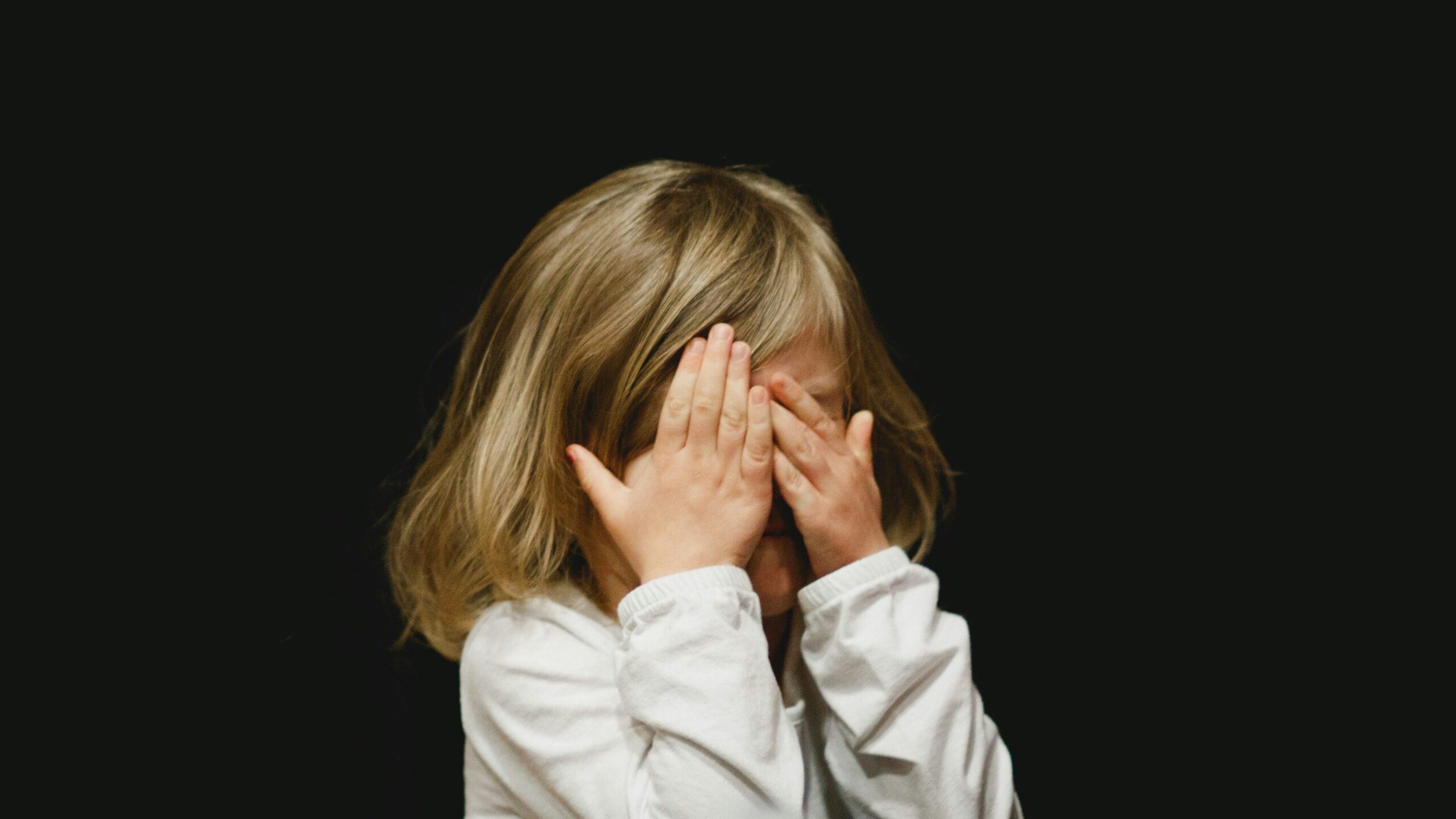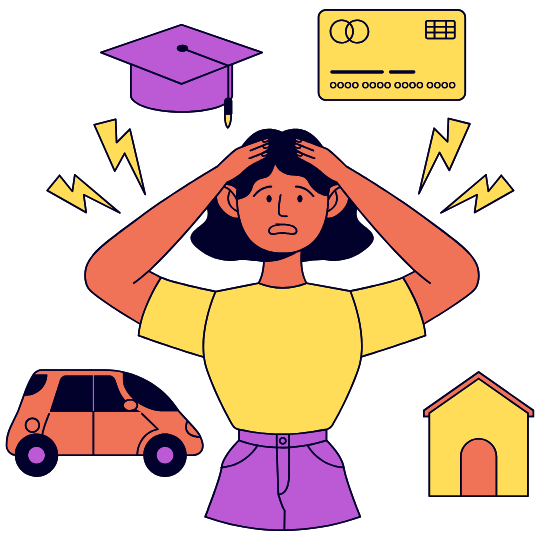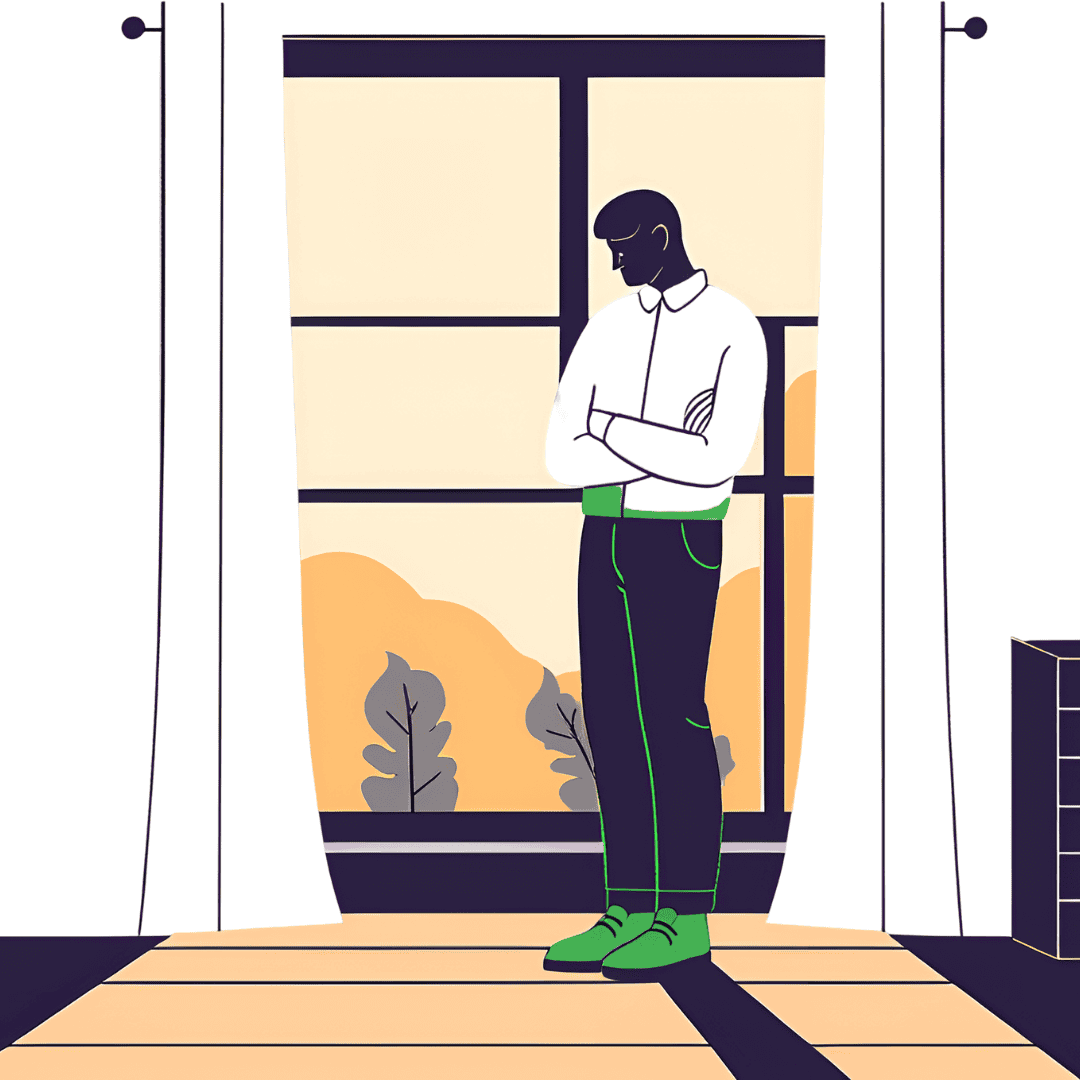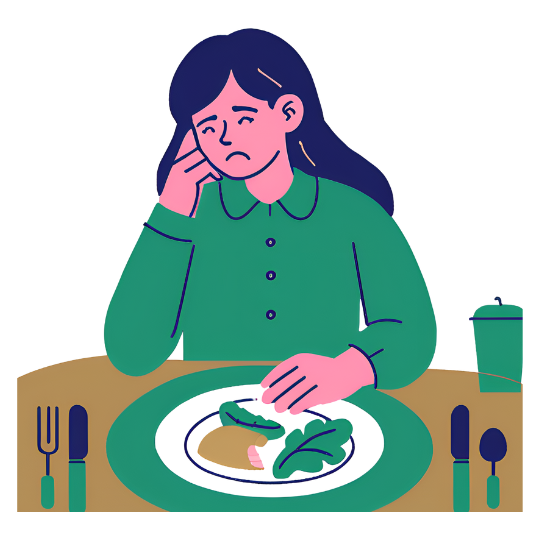
Social Anxiety Disorder – Everything You Need To Know
Picture this: You’re at a school auditorium filled with chatter and energy – you’re there to see your child perform in the school assembly. Whereas other children are seen as laughing and engaging with their friends, you notice your child is withdrawn and noticeably uncomfortable, trembling even. This may be a sign of Social Anxiety Disorder, and it’s important for parents and caregivers to be observant of behavioral patterns.
Social Anxiety Disorder (SAD) is a mental health condition where social interactions cause irrational anxiety, fear, or embarrassment. A child suffering from social anxiety disorder has an irrational level of fear that they will humiliate or embarrass themselves, or that they are being watched and judged for their actions. This fear is so high that it interferes with their daily interactions and activities.
How is Social Anxiety Disorder diagnosed?
Social Anxiety Disorder is typically diagnosed through the diagnostic interview. We sit with the child and ask a series of questions to discover if they have persistent, excess fear of social interactions. We ask questions to discover the level as to which they worry about whether they will be judged or humiliated in social situations, about whether they will offend someone they are with, and how much they go out of their way to avoid social interactions.
The level of fear must be severe enough that it significantly impacts the child’s ability to go about their daily life, complete schoolwork, and develop relationships.
What causes Social Anxiety Disorder?
There is no specific physical, medical, or chemical cause. However, several factors can increase the risk of someone developing this condition.
Family history of anxiety, especially social anxiety, can increase someone’s risk of developing this condition.
An overactive amygdala in the brain that stimulates a fear response more often than it should can increase the risk of developing social anxiety disorder.
Negative experiences such as being bullied and teased as a child, family conflict or sexual abuse, can all cause social anxiety to develop.
Some people may simply have a temperament that is timid, shy, and withdrawn causing them to increasingly avoid social interactions and situations in which they are not comfortable with.
Last but not least, having an excessively anxious, hypercritical, or controlling parent can cause a child to learn these behaviors and develop social anxiety disorder later in life.
How can we recognize when a child needs professional help?
A child may need professional help if they express a persistent fear towards normal social situations, and constantly seek to avoid them. The fear must be so high that it negatively impacts their daily life and necessary activities. For example, a child with social anxiety disorder may refuse to go to school every single day. This refusal has nothing to do with the fact that they don’t like doing homework or they dislike their teacher. They are simply terrified of meeting or interacting with people.
This fear will also impede on their ability to form and develop friendships. While children who do not have social anxiety disorder will clamor to go on playdates, birthday parties, and the playground, for a child with SAD this will be their worst nightmare.
Basically a child with SAD will exhibit some of the following symptoms:
– Fearing any situation where they will have to interact with another person
– Excessive worrying that they will do something wrong, or embarrass themselves
– Excessive worrying that they are being watched and judged by others
– Inability or reluctance to initiative or engage in conversations
– Dreading any upcoming planned social interactions or events
Other physical symptoms include trembling hands, sweating, blushing, little to no eye contact, inability to respond to questions, racing heart, and more during social interactions – even with known acquaintances like a teacher.
Is there a big difference between someone who is introverted versus someone who is socially anxious?
There is a huge difference in the behaviors of a child who is introverted versus a child who has social anxiety disorder.
Someone who is introverted simply needs to have time alone to regain their energy. If they are around too many people for too long, their energy level gets depleted. They often feel tired after a big social engagement. Therefore, an introvert will want to be alone simply out of genuine enjoyment. Their alone time helps them feel re-energized before their next big social engagement, playdate, or party. On the other hand, someone with social anxiety will want to be alone because they think they are protecting themselves. Excessive fear drives their decision to be alone.
For a child who is extremely shy who doesn’t want to be on stage, go to new places, or meet new people, could that be something we should worry about?
Many children are indeed very shy and hesitant but with some proper encouragement and gentle prompting, children should grow to be amenable to trying new things – and have fun doing it. Many children simply need some gentle prodding and kind words for them to do things that were initially a little scary to them, like playing with a new friend or showing something they made that they’re proud of.
However if a child is persistently afraid of making new friends, doing presentations, trying new things, then this could be a sign of social anxiety disorder.
What are typical treatments for children with social anxiety disorder?
When a child has social anxiety disorder, the treatment we recommend is psychotherapy. The therapist can help a child to challenge the irrational fear they have of interacting with others. For example, a therapist can prompt a child to really ask themselves: “what is the worst that can happen? I might make little mistakes in my math class as I go about my day in school, but what is the worst that can possibly happen?” This can help them challenge this irrational fear and realize that the possibility of catastrophe is very small.
When someone has a severe case of social anxiety disorder where they are physically fighting against the parent when brought to school or show any type of aggression, medication can be prescribed. Medication can help alleviate excessive fear and paranoia in this case.
What can parents and teachers do to prevent or alleviate symptoms?
First and foremost, it never hurts to get help as early as possible. The longer you wait, the harder this is to treat. The irrational fear that drives your child to avoid any social interaction can become more and more solidified as they grow older.
Parents and teachers can also turn to journaling and writing down observations, taking note of the frequency, types of situations that trigger the child’s social anxiety, and any other type of recognizable patterns. This can help parents and teachers determine whether the child is simply shy or potentially has social anxiety disorder. For example, a child who is shy when meeting people for the first time but gradually warms up to them likely does not have social anxiety disorder.
We also recommend parents and teachers to take a balanced approach when encouraging their child. Try not to give too much pressure or get angry when your child refuses to engage in a social situation. Instead, try and increase your awareness of what your child is experiencing. Get in touch with a therapist, school counselors, and other helpful personnel to see what can be done for your child suffering from social anxiety.
From a spiritual perspective, we can look to Jesus regarding this uncomfortable anxiety. Friendship was so incredibly important to Jesus. He was surrounded by His friends and disciples at all times. He shared meals with them, prayed with them, and grieved with them. Our Father did not create humankind to be alone, but to have fellowship with others and share in His blessings. Furthermore, God gave His one and only son Jesus to die for our sins so that we will not be separated from Him. If we believe this promise, we will never be alone and will never be abandoned. God is always with us!. Parents raising children could spend time praying with their child who is socially anxious, to help them trust in God and not be overcome with fear.
You can watch the accompanying Anchor of Hope video here.
Enjoyed our blogpost? Subscribe to our newsletter for more resources on mental health and integrating the Gospel message in your healing journey.
If you found our resources useful, please consider donating to Oak Health Foundation, which is a 501(3)c nonprofit dedicated to providing resources regarding holistic mental healthcare and subsidized treatment for those in need.




